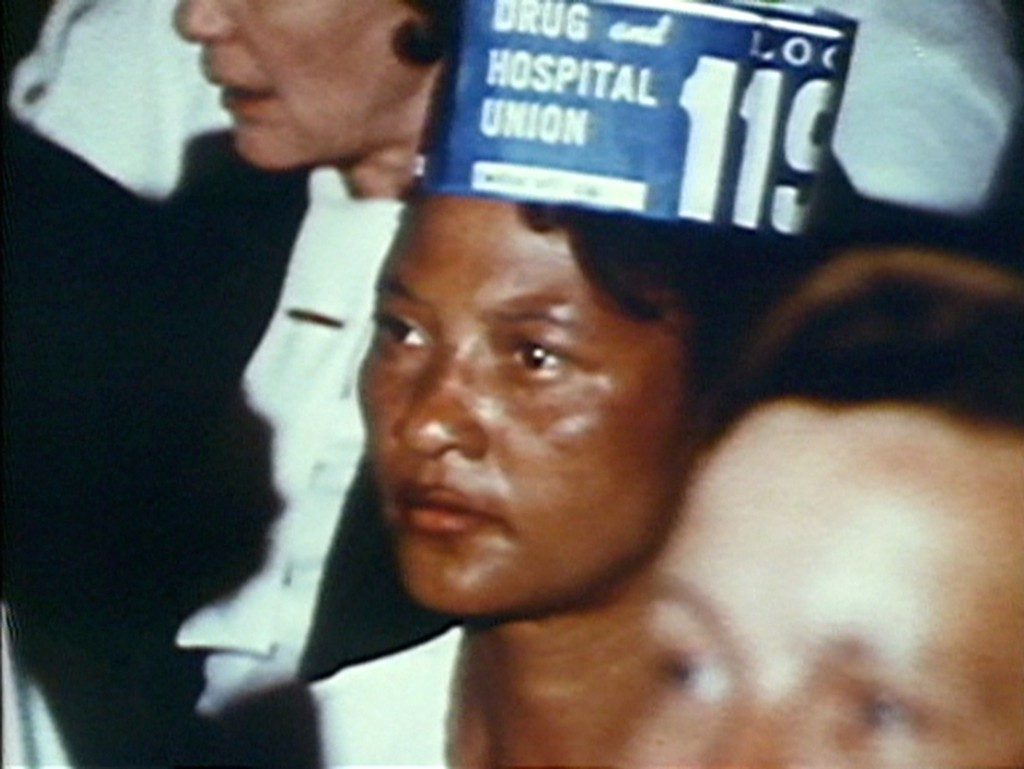Two short documentaries from the history-making director, producer, reporter, and writer Madeline Anderson will be shown at this year’s American Black Film Festival (ABFF). According to Shadow and Act, Anderson’s “I Am Somebody” and “Integration Report 1” will be presented at the fest by the Smithsonian’s National Museum of African American History and Culture. The screenings will be followed by a discussion with Anderson and the museum’s curator of photography and film, Rhea Combs.
Anderson blazed several trails throughout her career. She was the first black employee hired at WNET, a television station in New York. She was also “the first black woman to produce and direct a televised documentary film, the first black woman to produce and direct a syndicated television series, and one of the first black women to join the film editor’s union,” Shadow and Act summarizes. After proving herself as a reporter and filmmaker, she served as the in-house producer/director at “Sesame Street” and “The Electric Company.” In addition, she helped establish WHMM-TV, now called WHUT-TV, at the historically black college Howard University during the 1970s.
In 1960's “Integration Report 1” Anderson follows the build-up to the “first attempt” at a march for civil rights on Washington, D.C. “I Am Somebody,” made in 1970, is about the 400 African American women in Charleston, S.C. who — with the goals of fair pay and unionization — went on strike from their jobs as hospital workers. The strikers eventually drew the support of Coretta Scott King and activists Ralph Abernathy and Andrew Young.
As Shadow and Act details, Anderson “worked entirely outside the Hollywood system, which she was critical of — notably of films that depicted the African American experience but weren’t made by African Americans.” However, her refusal to play Hollywood’s game did not slow her down or deter her from making work. Anderson’s other documentary directing credits are 1967’s “Malcolm X: Nationalist or Humanist?” and 1975’s “The Walls Came Tumbling Down.” She produced the series “The Infinity Factory” and “Al Manahil.” Anderson also served as editor on several of her projects.
“I really didn’t let gender and race issues bother me,” Anderson said of the obstacles she faced during her career in the 1997 book “Reel Black Talk: A Sourcebook of 50 American Filmmakers.” “I knew I would have trouble with both. I was determined to do what I was going to do at any cost. I kept plugging away. Whatever I had to do, I did it.”
The ABFF will run June 14–18 at Miami Beach, Florida. Find out more and purchase passes at the fest website.







